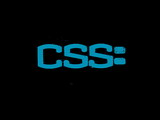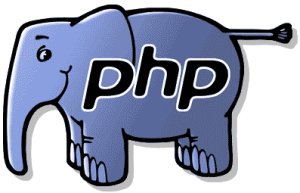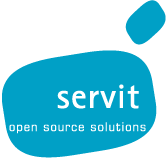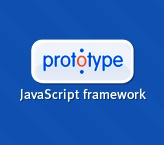- icon!home
- services
- company
- Blog
- downloads
Web Technologies
HTML 5
Submitted by root on Mon, 2009-07-06 08:10
06-07-2009
Image:

Hyper Text Markup Language (HTML) is the core language of the World Wide Web. During the early nineties it evolved from Standard Generalized Mark-Up Language (SGML), an internationally agreed upon method for marking up text into structural units such as paragraphs, headings, list items and so on, . However development of HTML stopped in 1999 with HTML 4. During the last decade W3C, the group that is responsible for maintaining HTML standard, focused its efforts mainly on changing the underlying syntax of HTML from SGML to XML (XHTML 1.0).
last edited: 09-03-2010
Layout & Interaction with CSS & Javascript - Tech Newsletter 002
Submitted by root on Sun, 2009-02-08 18:45
08-02-2009
Image:

After covering the basic principles of the World Wide Web and HTML in the last issue of Servit Tech Newsletter we will have a look this time at two technologies which make all the fancy designs and the fast and interactive websites possible: Cascading Style Sheets and Javascript. Enjoy learning and dive deeper into the mysteries of the web.
Find the complete article as PDF file at the end.
last edited: 03-06-2010
Ajax
Submitted by root on Mon, 2009-02-02 11:21
02-02-2009
Image:

AJAX stands for Asynchronous Javascript and XML. It is a group of interrelated web development techniques used to create interactive web applications.
The mostly on Javascript based techniques allow to have web pages which load data in the background and update their content accordingly. Without Ajax this would require a page reload.
related articles:
last edited: 09-06-2011
Javascript
Submitted by root on Mon, 2009-02-02 11:13
02-02-2009
Image:

Javascript brings life to websites!
Javascript is a programming language, or more precisely a scripting language, which is executed in the browser.
That means if you load a web page with your Firefox browser, the browser will run the Javascript code embedded in the web page. This allows to implement some program logic on a web page itself instead of having all the logic on the server.
related articles:
last edited: 09-06-2011
PHP
Submitted by root on Mon, 2009-02-02 11:10
02-02-2009
Image:

PHP is a widely-used general-purpose scripting language that is especially suited for web development and can be embedded into HTML code. It generally runs on a web server, taking PHP code as its input and creating web pages as output. It can be deployed on most web servers and on almost every operating system and platform free of charge.
A bit less technicaly speaking, most of the dynamic websites you open are generated by a program that was written in PHP.
related articles:
last edited: 09-06-2011
Scriptaculous
Submitted by root on Mon, 2009-02-02 10:58
02-02-2009
Image:

Scriptaculous is the Javascript show off. It is a Javascript library built on the Prototype Javascript Framework and provides dynamic visual effects and user interface elements.
With Scriptaculous a Javascript developer can create animations and user interfaces fast and without worrying about browser incompatibilities.
related articles:
last edited: 25-03-2010
jQuery
Submitted by root on Mon, 2009-02-02 10:41
02-02-2009
Image:

jQuery is a Javascript framework, similar to Prototype. It is open source and available under MIT and GPL Licenses.
Compared to Prototype jQuery, it is more lightweight and concise but has lacks of object oriented concepts like classes and inheritance.
Lightweight is a big advantage of jQuery considering big file size and page load time.
Do you want to know more?
Please refer to the Prototype article.
related articles:
last edited: 25-03-2010



